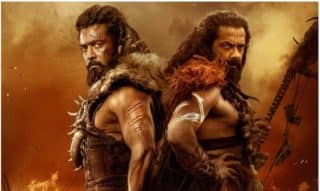
Renowned filmmaker Ram Gopal Varma has stirred controversy with his recent comments on the trend of mythological films in Indian cinema. The director, known for his unconventional approach to storytelling, expressed concerns about the potential pitfalls of reimagining mythological narratives in the contemporary era.
Varma argued that the deep-rooted reverence for mythological figures in Indian society creates a complex landscape for filmmakers. While acknowledging the successful ventures of the past, he believes the current climate of heightened social media scrutiny and polarization makes it challenging to reinterpret these revered stories without facing backlash.
The director cited the example of “Adipurush,” highlighting the controversies surrounding the film’s visual representation of characters. He suggested that filmmakers might be better served by creating original narratives rather than attempting to modernize mythological epics. Varma emphasized the importance of avoiding unnecessary controversies and focusing on fresh storytelling.
While Varma’s perspective offers a unique viewpoint on the challenges faced by filmmakers in this genre, it’s essential to note that the success of mythological films continues to vary. Some films have garnered critical acclaim and commercial success, indicating a potential audience for innovative interpretations of these timeless tales.
Ultimately, the reception of mythological films depends on various factors, including the filmmaker’s approach, the execution of the story, and the audience’s evolving expectations.
























